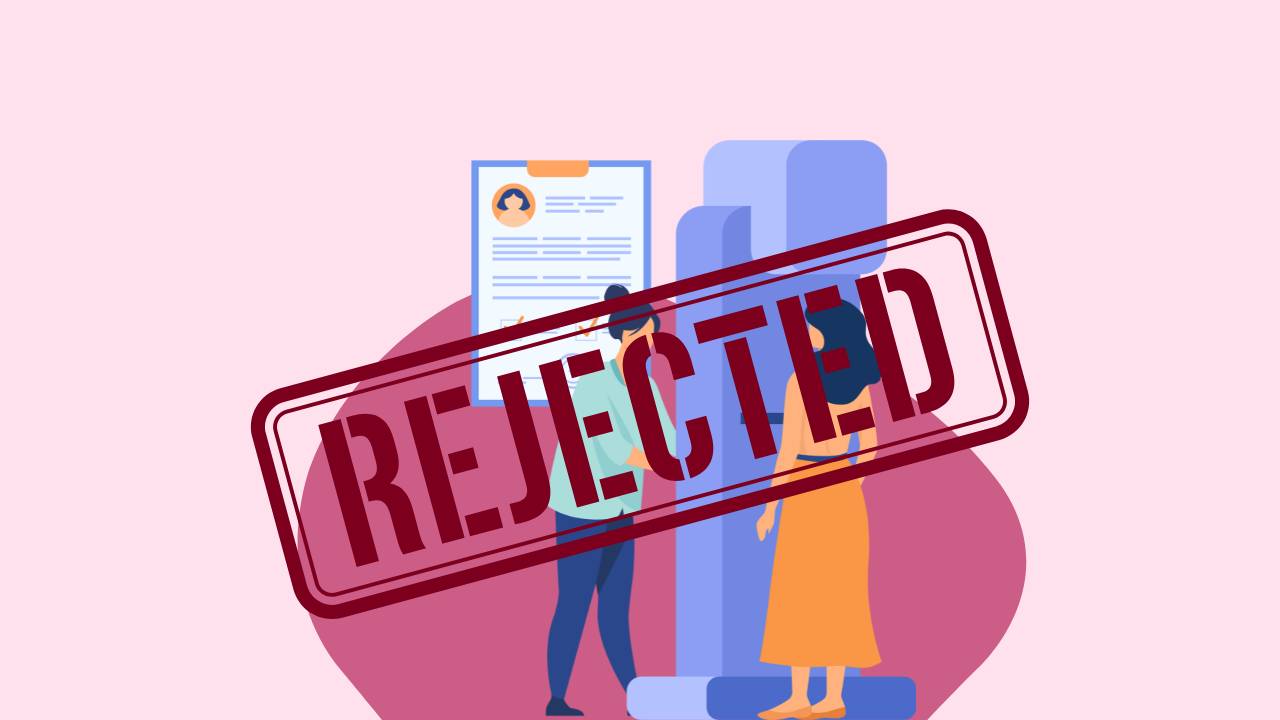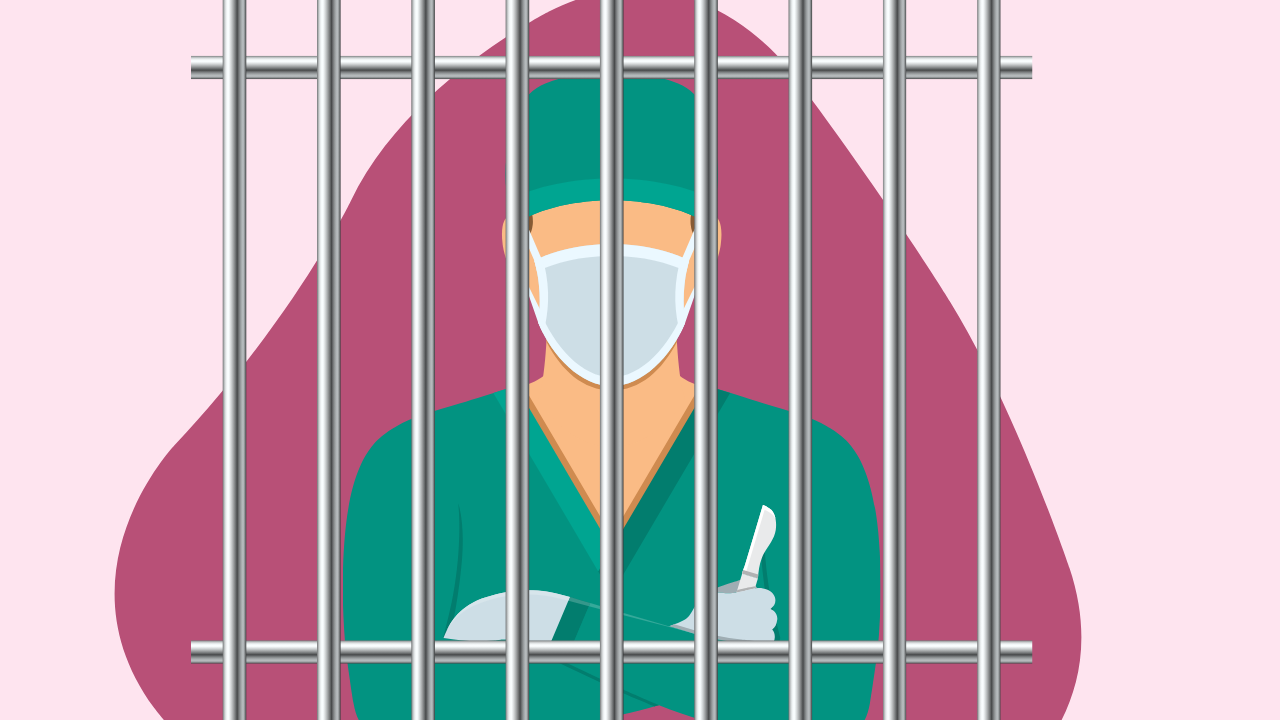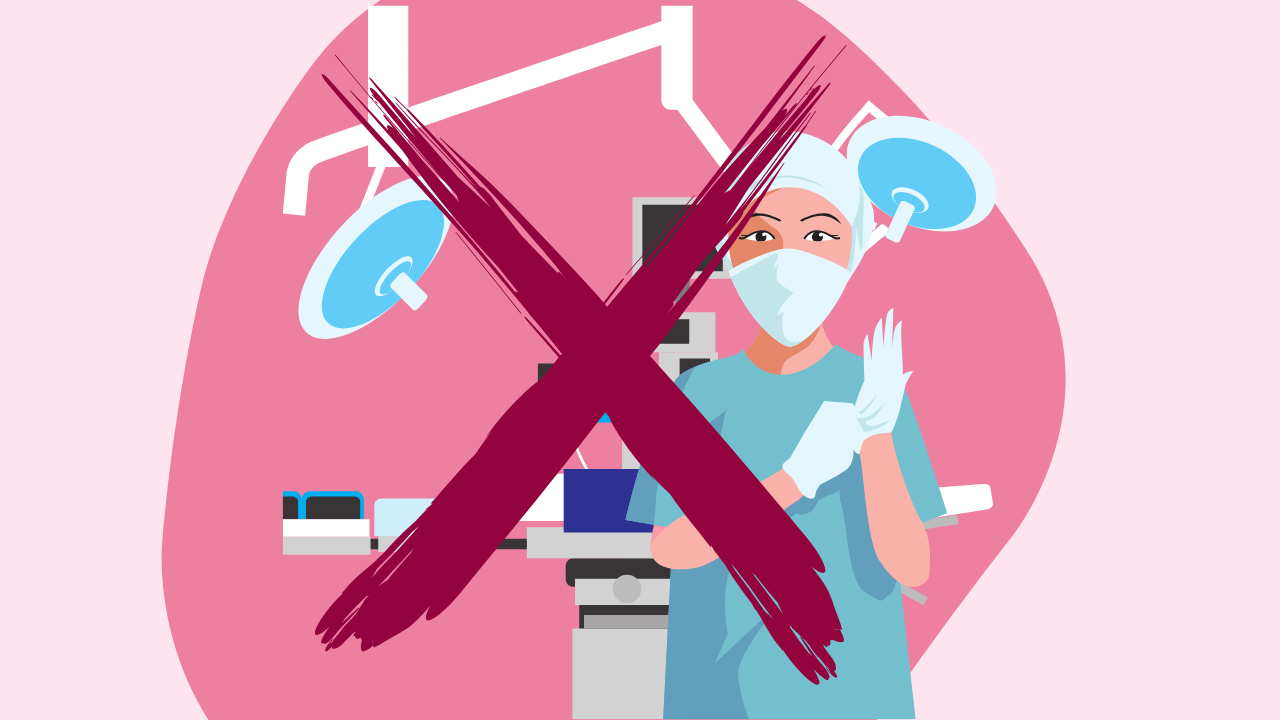The BRCA Connection in Irish Families

If you have Irish roots, you might be at a higher risk for breast cancer—and genetics could be a big reason why. Research shows that certain BRCA1 and BRCA2 gene mutations are more common in people of Irish descent, increasing the chances of developing breast and ovarian cancer.
The BRCA Connection
BRCA1 and BRCA2 are genes that help repair damaged DNA. When these genes mutate, they don’t function properly, making it easier for cancer cells to develop and spread. According to Cancer Research UK, a specific BRCA1 mutation called 2800delAA is thought to have originated from West-Central Scotland and Ireland. They note that this mutation has been passed down through generations, which is why it's more common in people of Irish heritage.
Another mutation, BRCA2 6503delTT, is frequently found in Northern Ireland and Scotland, according to a study published in the British Journal of Cancer. This suggests a shared genetic background that could explain higher breast cancer risks in these populations.
Breast Cancer Rates in Ireland
Breast cancer is the most frequently diagnosed cancer among women in Ireland. The National Cancer Registry of Ireland reports that nearly one-third of all cancers in Irish women are breast cancer cases. Between 2011 and 2013, about 2,883 cases were diagnosed annually, and more recent data from the Irish Cancer Society estimates that 3,600 women and around 30 men are diagnosed each year.
What This Means for You
If you have Irish ancestry — especially from Scotland, Northern Ireland, or the West of Ireland— your risk could be higher due to these BRCA mutations. That doesn’t mean you’ll develop breast cancer, but it does mean you should pay attention to family history and consider genetic testing.
Taking Action
Here’s what you can do to stay ahead of the risk:
- Find a doctor that will advocate with you – You need a provider who listens and takes proactive steps in your care.
- Do your self-exams with the Feel For Your Life app – Regular self-exams help you stay familiar with your body and notice any changes early.
- Talk about your screening routine with your doctor – Make sure you’re getting the right screenings at the right time based on your risk level.
- Know your breast density – Dense breast tissue can make cancer harder to detect on a mammogram. Ask your doctor if additional imaging is needed.
- Understand your genetic disposition to breast cancer – If breast or ovarian cancer runs in your family consider genetic testing to assess your risk.





